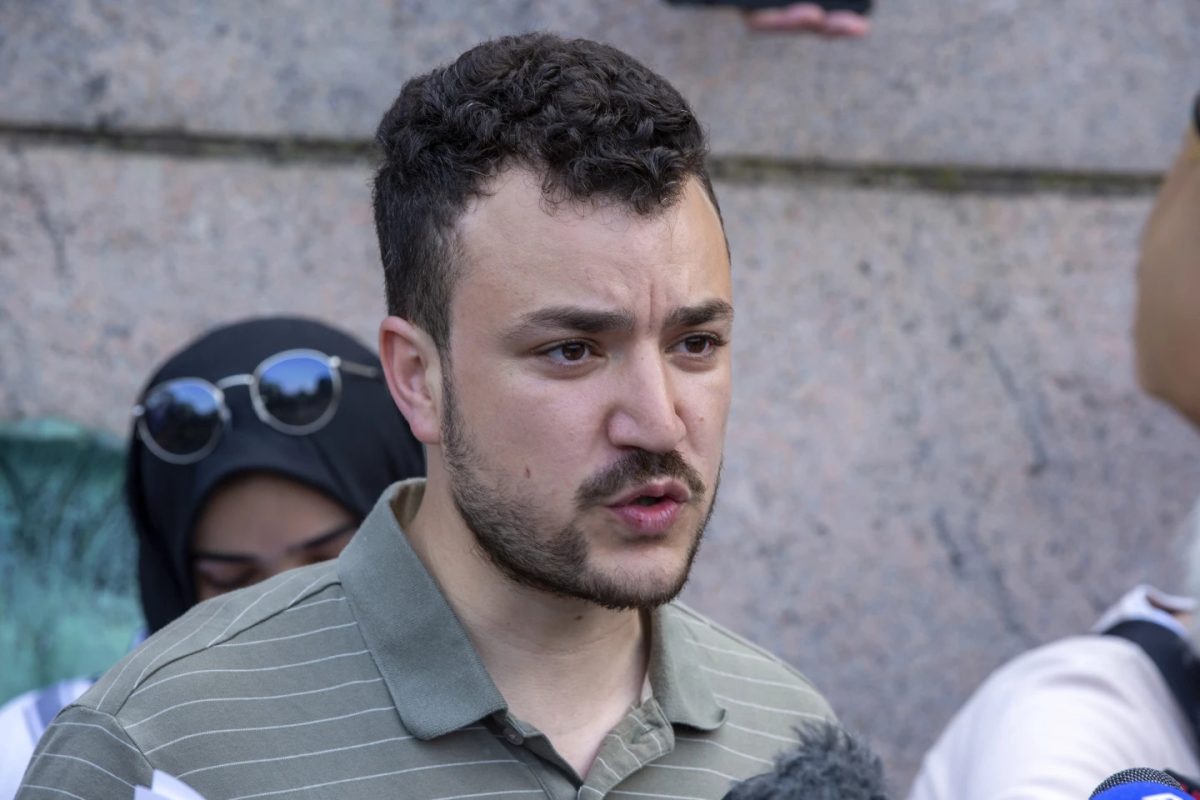Editor’s note: The following is a publicly released op-ed by LSU President William F. Tate IV.
As cancer took hold of his life, my grandfather agreed to participate in a research study to evaluate the effectiveness of a new treatment. He told me, “I am not doing this for myself; I am doing it for others.” We live in the Age of Biology, where novel cancer treatments, genetic disease therapies and organ transplantation, deliver hope to families in Louisiana and across the country in medical emergencies once thought untreatable. Biomedical science fuels economic growth, it strengthens Louisiana’s workforce, and positions America as the global leader in medical innovation. To remain competitive, we must invest, compete, and lead.
Yet, recent changes to NIH funding policies threaten to undermine progress. On February 7, 2025, the National Institutes of Health dropped universities’ negotiated facilities and administration (F&A) rates to 15%. For institutions like Louisiana State University (LSU), which holds approximately $192 million in NIH funding, research that generates $550 million in economic impact for Louisiana, this decision delivers a direct financial blow to local efforts.
These funds cover essential research costs—laboratories, equipment, utilities, compliance, and, most importantly, the researchers themselves. Without sufficient support, life-saving discoveries will stall, and research institutions across the state and nation will face crippling financial shortfalls.
At LSU alone, the immediate loss amounts to $12 million, jeopardizing critical research on cancer, metabolic diseases, brain injuries, and toxic exposure. If 60% of the cuts impact personnel, Louisiana could lose hundreds of research-active faculty members, graduate assistantships, and research administration jobs. This brain drain will have long-term consequences, pushing top talent out of the state and weakening the very foundation of biomedical progress.
LSU’s Scholarship First agenda delivers real-world solutions—advancing treatments for sepsis, metabolic disorders, brain injuries and inherited disorders. LSU biomedical researchers support cures for humans and animals, with the LSU School of Veterinary Medicine ranking in the top10 nationally for NIH funding per faculty member among its peers. Pennington Biomedical Center and our other campuses conduct important health related research, but their breakthroughs require sustained investment. Without it, patients face fewer options, and our country falls behind in its competitive standing in biomedicine.
The bottom line is simple: When a patient needs a cure, research must translate into clinical solutions. NIH funding drives that progress. America must lead. Louisiana must compete. Lives depend on it.
William F. Tate IV
President, LSU






